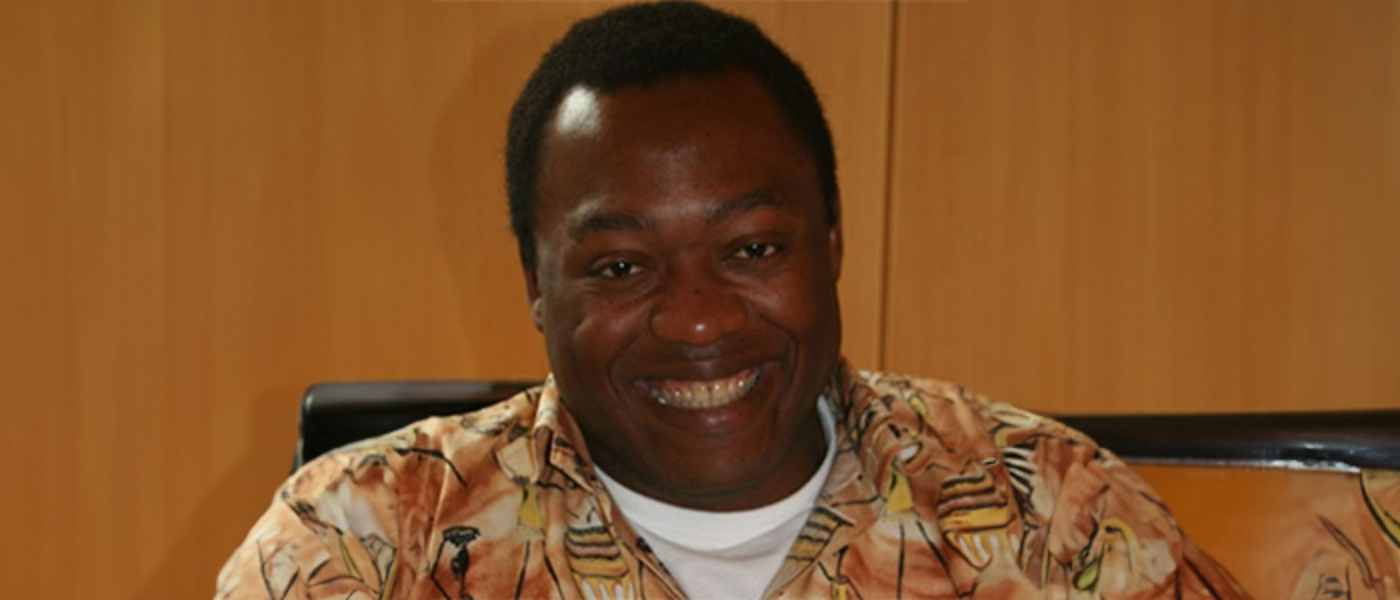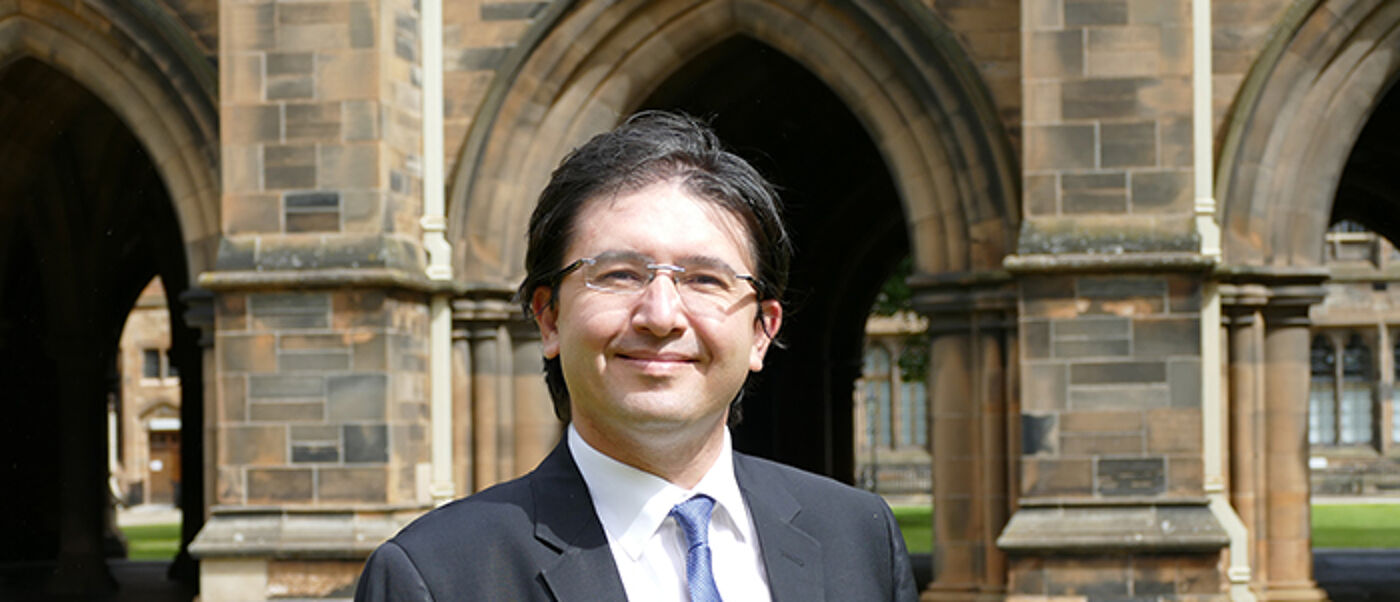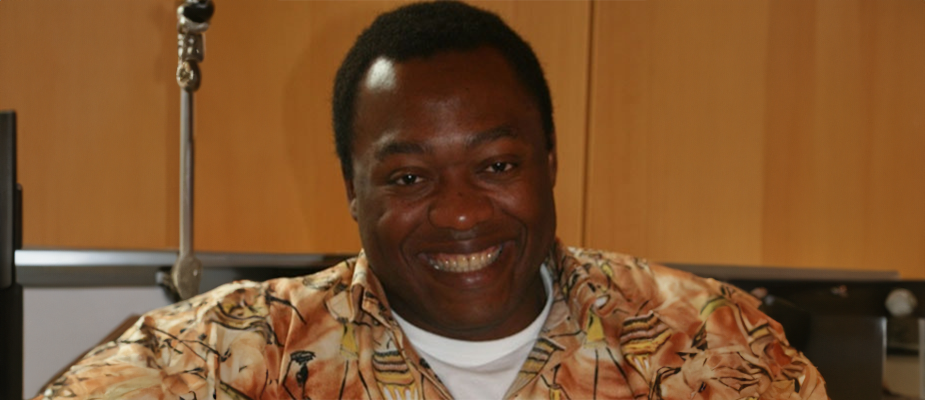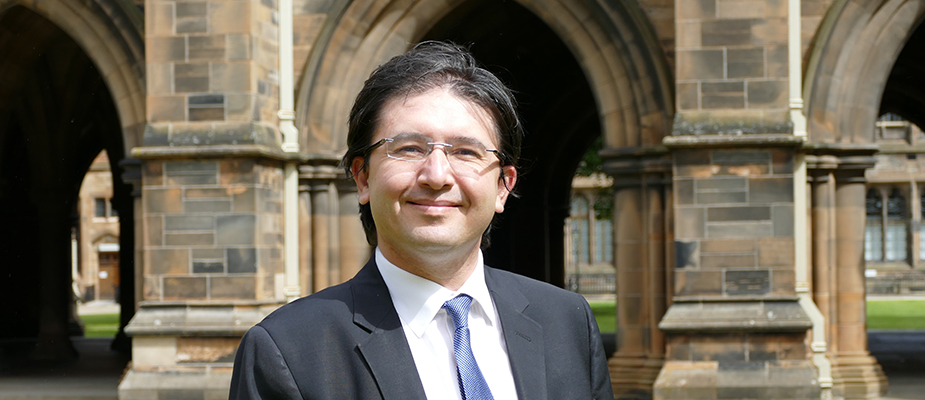
SUMMER SCHOOL
Empirical Methods for Macroeconomists 2024
Key information
10 - 13 September 2024 | Adam Smith Business School, 2 Discovery Place, Glasgow G11 6EY
The University of Glasgow Adam Smith Business School offers a range of applied courses in macroeconomics and econometrics for practitioners who are working in areas such as monetary economics, international economics, financial economics and banking.
Our courses aim at developing technical and practical skills of economists working at policy-related topics at central banks, international organisations, national policy institutions and private sector on forecasting and macroeconomic modeling. These courses can also be of interest for PhD students who want to improve their employability skills in these areas and/or use these tools in their dissertations.
Our program is perfectly aligned with the everlasting need of policy making institutions to use the most appropriate quantitative tools in design and implementation of their policies.
Our courses will train you with cutting edge quantitative tools that are in strong demand in policy-making. These courses are taught by leading experts in their fields, either from the University of Glasgow or other leading institutions, who also have strong engagement with policy-making institutions, such as central banks and international organisations. The courses offer both theoretical treatment of the topics and empirical applications relevant for real life needs. The courses can be taken separately or when taken together will appeal to applied economists presenting them with different yet related set of applied econometrics/macroeconomics skills.
By attending, you will receive a Certificate of Attendance, stating the course and number of hours completed. There is no fee for the certificate.
Fees
|
Course |
Lecture hours |
Full fee |
Full fee with the 10% Early Bird Discount |
Reduced fee for Alumni and advanced PhD students |
|
Introduction to DSGE Modeling using the RISE Toolbox |
12 |
£1,420 |
£1,290 |
£950 |
|
Applied Methods for Banking and Macro-financial Policy Analysis |
12 |
£1,420 |
£1,290 |
£950 |
|
Both courses together |
24 |
£2,100 |
£1,900 |
£1,420 |
Apply
Application deadline: 26 August 2024
To apply to attend online, please provide your CV in the first instance.
Please note candidates are personally responsible to ensure visas are acquired.
Contact: Business-executive-education@glasgow.ac.uk

Introduction to DSGE Modeling using the RISE Toolbox
10 - 11 September 2024
Junior Maih, Senior Economist and Special Adviser, Norges Bank

Applied Methods for Banking and Macro-Financial Policy Analysis
12 - 13 September 2024
Dr Yusuf Soner Baskaya, Senior Lecturer in Economics, University of Glasgow
Previous summer school
Introduction to DSGE Modeling using the RISE Toolbox
10 and 11 September 2024
Junior Maih, Senior Economist and Special Adviser, Norges Bank

Junior Maih holds an MSc and a PhD from the University of Oslo, Norway. He is a senior economist and special adviser at Norges Bank. He has previously worked for the Research Department of the IMF in Washington DC and also held the position of adjunct Professor of Economics at the Norwegian Business School. He is a member of the Dynare Team and the developer of the RISE Toolbox.
About the course
This two-day course is designed for practitioners in Central Banks and PhD students engaged in Dynamic Stochastic General Equilibrium (DSGE) modeling. Through practical sessions and theoretical insights, participants will gain comprehensive knowledge of DSGE modeling principles and techniques using the versatile capabilities of the RISE toolbox. The course is structured into two main segments: the first day focuses on constant-parameter DSGE modeling, while the second day delves into regime-switching models. Through a blend of theoretical insights and hands-on exercises, participants will emerge with the skills and knowledge necessary to navigate the complexities of modern macroeconomic analysis. Participants are encouraged to bring their own models, possibly implemented in other languages.
This course is ideal for:
- Practitioners working in Central Banks who utilize DSGE models for policy analysis and economic forecasting.
- PhD students who are conducting research involving DSGE modeling and seek to enhance their technical skills.
- Economists and researchers interested in expanding their knowledge and practical experience with advanced DSGE modeling techniques.
Course Level
- Intermediate/Advanced
Prerequisites and software requirements
Participants should:
- Be knowledgeable and actively working with DSGE modeling.
- Have their own laptops with MATLAB (version R2018B or above) installed.
- Have the following additional MATLAB toolboxes installed:
- Optimization Toolbox
- Statistics and Machine Learning Toolbox
Upon course completion: Skills and knowledge gained
Upon completion of the course, participants will:
- have a comprehensive understanding of DSGE modeling principles and techniques
- begin developing proficiency in using the RISE toolbox for model implementation, analysis, and simulation
- gain insights into both constant-parameter and regime-switching DSGE models
- acquire practical skills in parameterization, computation of steady states, solution techniques, and simulation methods
- be equipped to apply DSGE modeling in real-world scenarios, particularly in the context of central banking and academic research.
Applied Methods for Banking and Macro-Financial Policy Analysis
12 - 13 September 2024
Dr Yusuf Soner Baskaya, Senior Lecturer in Economics, University of Glasgow

Soner Baskaya is a Senior Lecturer (Associate Professor) at the Adam Smith Business School. In the past, he worked at the Central Bank of the Republic of Turkey (CBRT) as Senior economist, Deputy Executive Manager of the Research Department and Executive Manager of Communications and Foreign Relations Department. He also led the G20 team at the CBRT during Turkish Presidency of G20 in 2015. The institutions in which he taught include the London School of Economics, Dartmouth College, Brown University, Bilkent University and Middle East Technical University. He has also been LSE Fellow at London School of Economics, Department of Management and Research Fellow at the Bank for International Settlements.
Soner’s research and teaching interests include macroeconomics, banking, applied econometrics and labour economics. His research appeared in prestigious journals in economics and finance.
Soner obtained his BA degree in Economics from Bogazici University, MSc in Economics from Middle East Technical University and MA and PhD in Economics from Brown University.
About the course
This course is designed to introduce tools required for analysing the dynamics of banking sectors in relation to monetary policy, prudential policy and capital flows. The course will offer both conceptual aspects and hands-on applications using bank level data and relevant econometric software.
Who should attend
Economists interested in improving their hands-on skills for analysing issues related to macro-financial policy such as the effects of capital flows, macroprudential policies, bank regulation and climate change on credit market.
The participants are expected to know intermediate level econometrics, including basic panel data techniques.
Course level
- Intermediate/Advanced
- Software Requirements: Stata (Basic Level)
Upon course completion: Skills and knowledge gained
Upon completion of the course, participants will be able to:
- Use microeconometric tools and relevant softwares to analyse effects of monetary policy, prudential regulation, banking crises, capital flows and climate change on banking sector.

